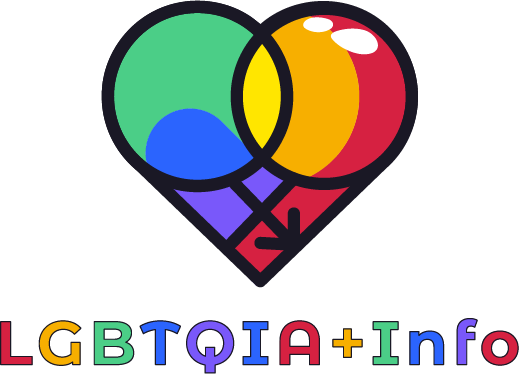In this blog, we broach the subject of heterosexual identity and its complexity, focusing on its importance, stigma, and realities. Heterosexual identity is defined by various experiences and relationships, underscoring the complexity of human sexuality.
This blog seeks to educate, learn, and responsibly participate in conversations about sexual orientation by considering the meaning and facts about heterosexual identity.
From social expectations to personal views, we wade through the complexity of sexual identity, understanding that it is critical to consider the diversity and importance of all relationships and manifestations of affection.
Defining Heterosexual Identity
Heterosexual identity refers to the recognition and acceptance of one’s sexual orientation, characterized by emotional, romantic, and sexual attraction to individuals of the opposite gender. It encompasses a variety of experiences, preferences, and expressions, highlighting the breadth and depth of human sexuality.
From personal relationships to social dynamics, heterosexual identity plays a significant role in shaping individual and societal interactions. By acknowledging and appreciating the nuances of heterosexual identity, we can promote understanding, acceptance, and inclusivity in diverse contexts.
The Evolution of Heterosexual Identity
Throughout history, heterosexuality has been perceived within the confines of traditional gender norms with rigid expectations. However, contemporary society has witnessed a significant shift towards a more inclusive and fluid understanding of sexuality.

This evolution reflects the ongoing strive for equality and acceptance, challenging societal boundaries and celebrating diverse sexual identities.
By embracing and acknowledging the complexity of human sexuality, we contribute to a more accepting and liberated world, paving the way for individuals to explore and define their own unique experiences.
Navigating Challenges
While progress has been made towards LGBTQ+ rights, heterosexual individuals can still face stigma and discrimination due to heteronormative assumptions and biases that perpetuate stereotypes and marginalize those who deviate from societal norms.
This highlights the importance of fostering empathy and understanding to challenge these prejudices and create a more inclusive environment for all.
By recognizing and addressing the ways in which heteronormativity can harm individuals who identify as LGBTQ+, we can work towards a more inclusive and accepting society that values diversity and respects the complexity of human sexuality. This requires ongoing education, dialogue, and action to challenge systemic inequalities and promote social justice for all.

Celebrating Diversity
Heterosexual identity intersects with various aspects of identity, including race, ethnicity, religion, and socioeconomic status. This intersectionality shapes individuals’ experiences and perspectives, highlighting the complexity of human identity.
By acknowledging and honoring diverse narratives, we can build a more inclusive society that celebrates the richness of human diversity.
Nurturing Relationships
At the core of heterosexual identity lies the pursuit of meaningful relationships and connections. Whether in romantic partnerships, friendships, or familial bonds, fostering healthy relationships is essential for personal growth and fulfillment. By prioritizing communication, empathy, and mutual respect, individuals can nurture fulfilling relationships that enrich their lives.
Conclusion
In conclusion, heterosexual identity encompasses a spectrum of experiences and expressions, reflecting the complexity of human sexuality. By fostering empathy, challenging stereotypes, and celebrating diversity, we can create a more inclusive society where individuals of all sexual orientations feel valued and accepted.

